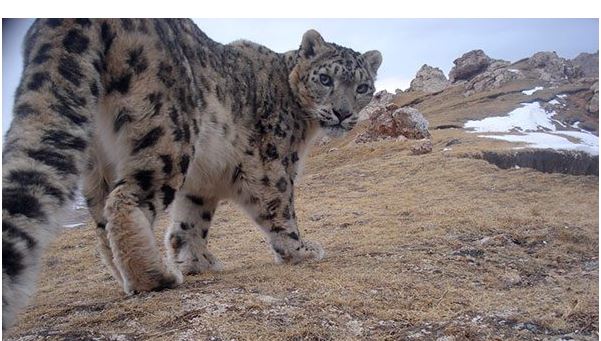Your Support Helps Snow Leopard Conservation
High in the mountains of Central Asia lives one of the most elusive predators on our planet: the snow leopard. Known as the “ghost of the mountains”, the snow leopard’s remote natural habitat, stealthy movements, and perfect camouflage make it very difficult for researchers to locate and track. This species is currently facing threats including poaching, loss of habitat, and conflict with herders when snow leopards prey on their livestock. If left unaddressed, these critical threats will drive snow leopards to extinction. Seneca Park Zoo is working together with Snow Leopard Trust to learn more about these cats, and the best ways to ensure the future survival of this species.
Snow Leopard Trust recognizes and works with governments and conservationists in the 12 countries where snow leopards are naturally found. Current efforts are focused in China, Kyrgyzstan, India, Mongolia, and Pakistan, which are thought to collectively contain more than 75% of the world’s wild snow leopards. Your donations to snow leopard conservation help Snow Leopard Trust’s programs tackle all sides of the threats that snow leopards are facing in their natural habitat. Their mission and conservation philosophy states:
The Snow Leopard Trust aims to protect this endangered cat through community-based conservation projects that are based on an improved scientific understanding of snow leopard behavior, needs, habitats and threats.
The wide scope of their work has propelled Snow Leopard Trust to be a leader in the efforts to secure the future of the snow leopard.
However, snow leopard conservation efforts are further complicated by the fact that conservationists still have many unanswered questions about this species. Even with the use of research tools including camera traps and GPS tracking collars, the unforgiving mountain terrain can make it difficult to locate and track a specific snow leopard for a long-term study. This is where zoos can come in to help. Under the care of their dedicated zookeepers and highly skilled veterinary staff, snow leopards in zoos act as ambassadors for their wild counterparts. Animal care staff can observe snow leopard behavior and gather information including the foods they prefer, enrichment scents that attract them, and denning practices, which can be shared with field research teams to help them track snow leopards more effectively. Veterinary staff can learn more about snow leopard biology through routine health exams which can involve x-rays, ultrasounds, and bloodwork – tasks which are much easier to achieve in the zoo’s animal hospital setting rather than a remote mountainside.
Seneca Park Zoo’s three snow leopards (Kaba, Timila and Kenji) also prove that snow leopards in zoos help people connect with a species that they would otherwise never see. This connection can inspire zoo guests to learn more about the animal they see, and even contribute to their conservation. Whether it’s spreading the word about the plight of a species, or donating to a conservation partner, every bit helps.
To learn more about the snow leopards at our Zoo, and what you can do to protect this species, follow Seneca Park Zoo on social media or stop by in-person during Cold Asia Week!
To learn more about the expansive work that Snow Leopard Trust is doing, visit snowleopard.org.








